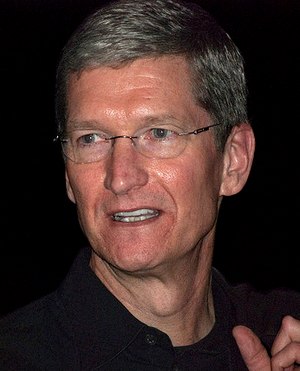Apple TD-LTE job listing serves as additional confirmation for China Mobile iPhone


While a possible deal with China Mobile, one of the world’s largest telecoms, was rumored for quite sometime leading up to launch of the new iPhones, the company said in August that it was still working out “commercial and technical issues” with Apple. Today, Bloomberg points us to an Apple job listing in China that provides some evidence that the company is indeed preparing to launch the iPhone on the carrier’s network:
The manager, who will be based in Beijing, will “support and drive the carrier approval of mobile phones,” Apple said in an advertisement on its China website. The position seeks experience with TD-SCDMA, China Mobile’s own third-generation standard that isn’t used by other carriers.
On top of TD-SCDMA, the job listing is also seeking an engineer with experience in TD-LTE, which is the LTE standard that China Mobile has quickly been rolling out. Back in August the often reliable KGI analyst Mingchi Kuo claimed that Apple was ramping up TD-LTE supported iPhone 5c production and estimated that the iPhone 5s and 5c on China Mobile could account for penetration of 25% and 35% of total shipments for the two devices. Currently the carrier has approximately 756 million subscribers, around 63% of the 1.2 billion wireless subscribers in China.
Expand
Expanding
Close

